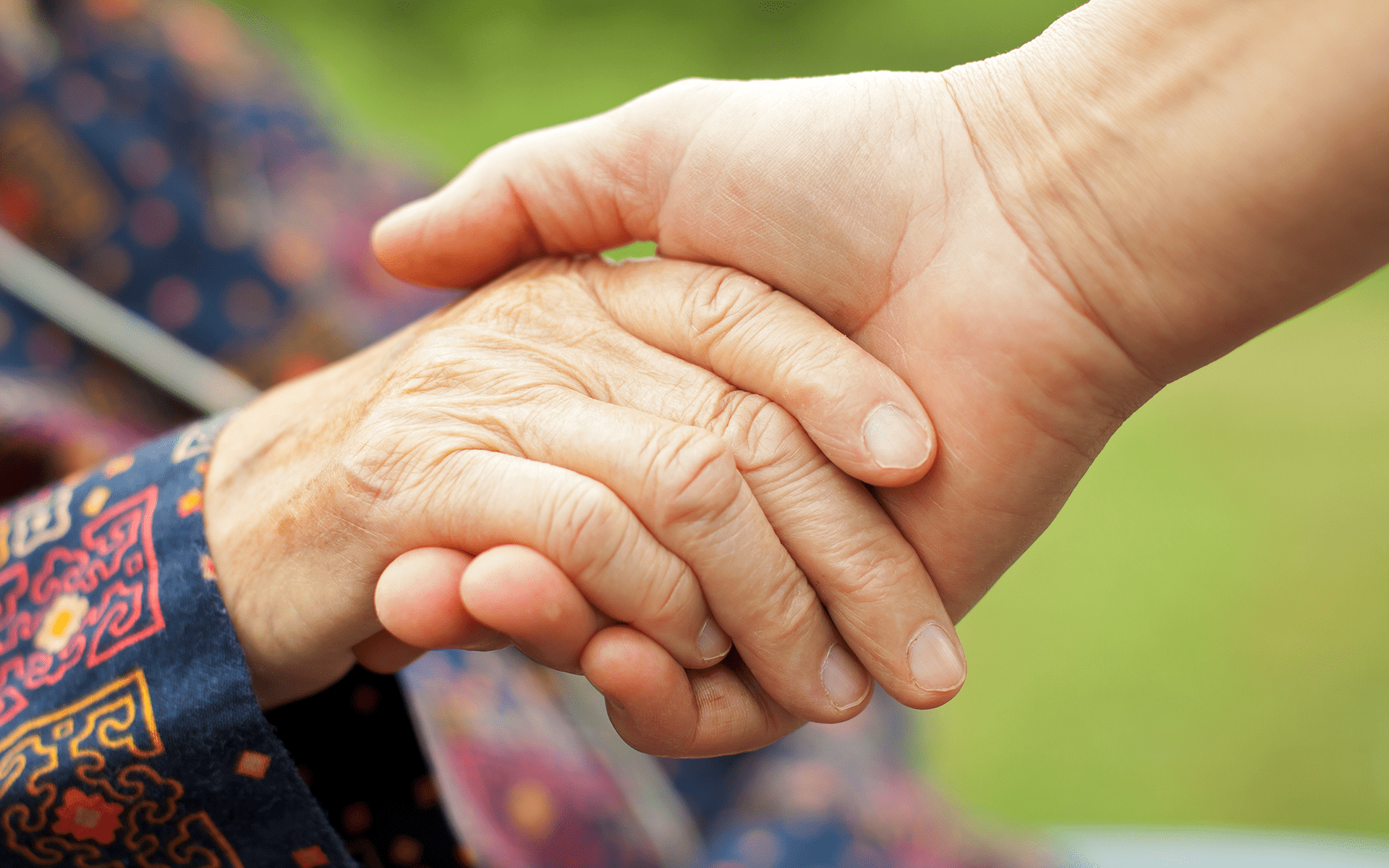Lisa, whom I had just met at a conference, tearfully described to me her agony as sole caregiver for her disabled husband for 33 years. As I listened, her pain made me think of the burden that 34 million Americans caring for loved ones with dementia, disabilities, and other enduring illnesses carry. Most caregivers report significant stress, and that’s certainly consistent with my experience over the last seven years serving as the chief caregiver for my wife, Susan, who has Alzheimer’s.
The stress of caregiving is hard to bear. It leaves many of us heartbroken, overwhelmed, disoriented, and feeling inadequate. Even more sobering is the fact that this intense stress can spiral downward into burnout, marked by utter exhaustion, social isolation, despair—even hypertension, heart attacks, and death.
Our biggest threat isn’t the constant stress, but rather the burnout we can inadvertently manufacture ourselves.
“Jerry, if you don’t care for yourself,” my wife’s physician warned me, “you’ll likely die before Susan.”
Caregivers seek ways to stay alive, and self-care is the usual recommendation. But all too often our first impulse is to control our painful feelings, which can sidetrack self-care and make a hard job harder. It’s like scratching the itch of poison ivy, which can transform an irritation into a nasty wound. Similarly, we get hooked on self-defeating habits, which can transform stress into burnout. Surprisingly, our biggest threat isn’t the constant stress, but rather the burnout we can inadvertently manufacture ourselves.
Three Common Self-Defeating Habits, and How to Overcome Them
The challenge for caregivers, then, is learning new habits aimed at making a hard job easier, not harder. Here are three common self-defeating habits, and healthy antidotes that address situation-made stress, dodge self-made burnout, and open the door to genuine self-care.
1. Resisting Painful Emotions
We ache to get rid of our upsets, so we often get hooked on things like burying difficult feelings, avoiding uncomfortable situations, or simply refusing to admit to ourselves that we’re in turmoil. Unfortunately, resisting painful emotions is like holding a beachball underwater: You can do it, but the constant effort involved can totally deplete our energy and time, as well as divert our attention from self-care.
Instead, consider acceptance, which is allowing emotional pain to be just as it is in the moment, making space for upsets in private without acting out in public. It’s the difference between stepping back and being with our upsets versus just being our upsets. Mushy as it may sound, to feel it is to heal it.
2. Brooding
We aim to control our feelings through thinking, and willy-nilly we often get hooked on repetitive and incessant negative thinking—like rehashing past foul-ups or freaking out over imagined future calamities. Brooding is problem-solving run amuck in the dim back alleys of our hyperactive minds—and it can spiral downward into anxiety and depression, which can derail caregiving.
Instead, consider redirecting attention to the present moment. One way is to embrace what I call wholesome diversions, intentionally turning to activities that fully absorb our attention and embody what we value. Writing is my favorite; kayaking is another. We can change how we feel by changing what we do.
3. Scolding Ourselves
We aim to control our pain by whipping ourselves into shape, so we mollycoddle our inner critic as it harshly berates us for falling short. Caregivers need support, not tearing-down and piling-on—especially when frazzled and most likely to make mistakes.
Instead, consider self-compassion, accepting our humanity and imperfections—and giving ourselves warmth and kindness, just as we would aid a needy friend. In tough moments, for example, I say to myself: “NO WONDER I got this wrong, given all the stuff on my plate.” These two words, “no wonder,” are my secret sauce.
These healthy antidotes to “scratching my itch” can be put into daily practice by learning three inner skills: stepping back and noticing the goings on inside our minds; detecting our unhelpful habits; and diverting attention to antidotes. These skills can be learned through mindfulness training, which teaches us ways to pay attention that enhance our awareness and perspective.
Stress is a mighty burden for caregivers. But the good news is we can learn new ways to handle stress, avert burnout, and redirect our energy toward self-care and other fruitful outcomes. These new habits hold out hope—for Lisa, for me, and for other caregivers struggling to stay alive and sustain loving care. Even more, it’s liberating to know we can remain authors of our own lives, instead of victims of crushing circumstances, as we grapple with the death-defying journey of caregiving.








